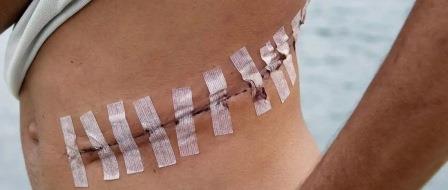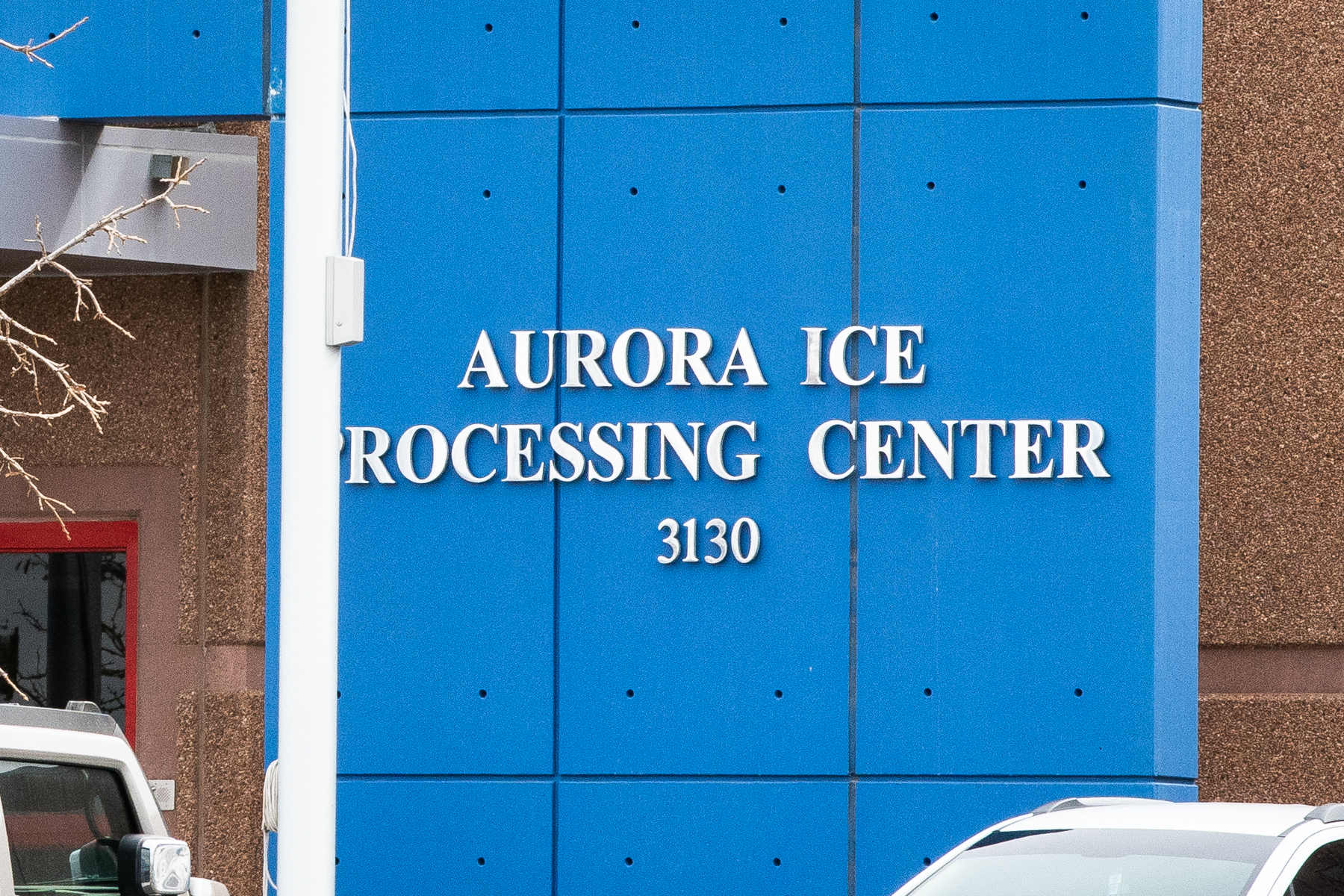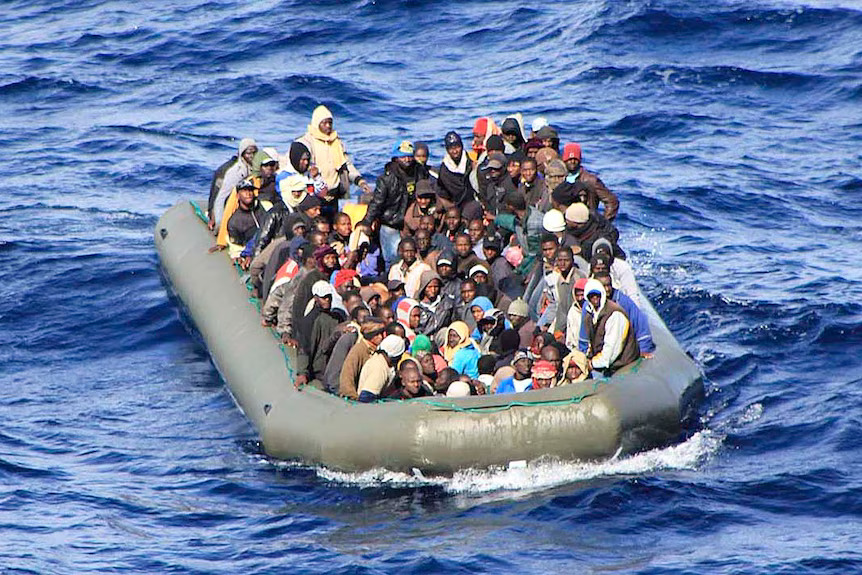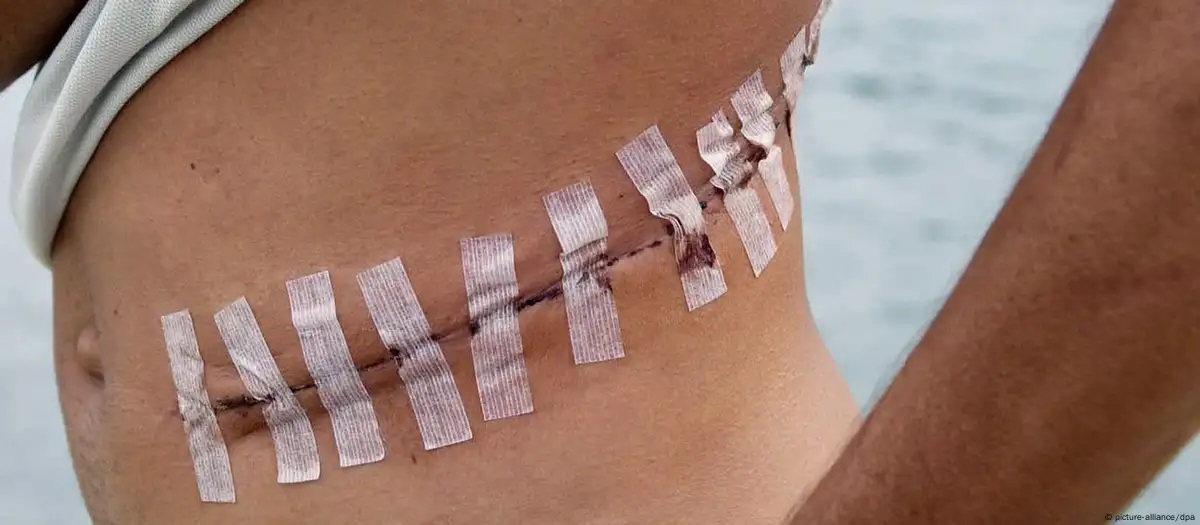
The trafficking of Illegal organ parts is growing rapidly across the African continent. This sophisticated operation is worth over $1 billion annually and targets the vulnerable and desperate, while a clear lack of regulation and huge demand for organs drives the practice.
The rising trade of human organs in Africa has gotten to an epidemic level and most African governments are silent or paying lip service to a scourge that requires immediate attention.
It is expected that by now, the outcry against it should have gathered some serious momentum, but unfortunately, the reverse is the case.
Organ harvesting or procurement refers to the surgical procedure that removes an organ from an individual, typically for transplantation, which may be consensual or coerced.
A recently released report by Global Financial Integrity (GFI), a Washington DC-based think tank focused on corruption, illicit trade and money laundering, estimated that between $840 million and $1.7 billion (€755 million and €1.5 billion) is generated annually from trafficking in persons for organ removal.
Organ donation and transplantation are well-established medical practices that are important for sustaining patients with failing organs. The procedures can be highly successful when conducted with informed consent and transparency. But there are concerns that the majority of the organ donations going on in Africa is driven mainly by poverty rather than the noble motivation of trying to save a life or trying to help any person’s medical condition.
That the black market for parts of the human body is booming in Africa is not surprising. According to various news sources, a kidney now costs $262, 000; the heart costs $119, 000 and liver costs $157, 000. It’s then easy to see why so many Africans who are enmeshed in poverty and illiteracy would fall easily into the hands of organ harvesters.
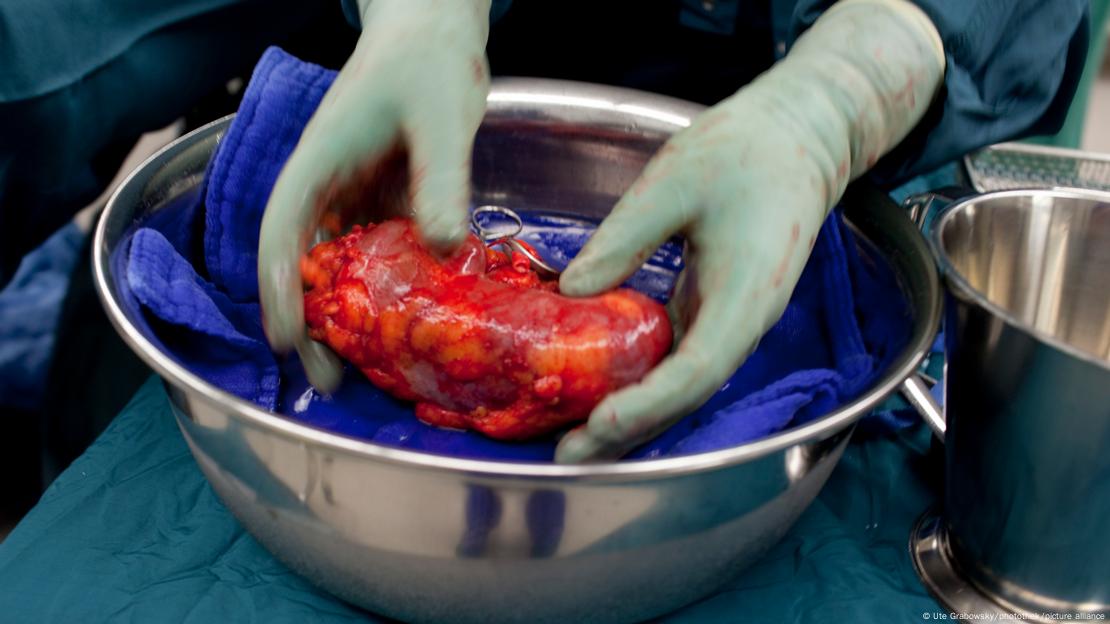
Though details about the illicit world of human organ trafficking are unclear, it is believed that Niger, Liberia, Egypt, Libya, Somalia, Sudan, South Africa, Kenya, Djibouti, Burkina Faso and Nigeria are the most affected countries in Africa.
The reasons for this are complex, but because the regulation of transplants and organ donation differs from region to region, the United Nations Office on Drugs and Crime (UNODC) has highlighted the issue of trafficking in persons for organ removal, commonly known as transplant tourism, and raised concerns that illicitly transplanted organs normally tend to flow from vulnerable populations to wealthier recipients.
According to the Global Observatory on Organ Donation and Transplantation, less than 10% of required transplants are performed worldwide, which has led to some patients trying to obtain organs illegally.
There is also a comparatively low number of medical centers that perform legal transplants in Africa. For example, a World Health Organization (WHO) paper from 2020 listed just 35 kidney transplant centers for the entire continent. This type of insufficient capacity is blamed on lack of accessibility, limited expertise and inadequate financial support.
The illicit and lucrative nature of the trade means organ trafficking networks are highly organized. The skills needed to perform complex surgeries, both on the donor and recipient, the connecting of buyers and sellers, all while avoiding the attention of international law enforcement agencies, mean that organ traffickers involve members of the medical sector, local criminal groups and even politicians.
The current revelation about the organ trafficking situation in Kenya that buttresses the assertion that financial gain remains the number one motivator for vulnerable people who submit themselves for organ harvesting.
At the center is a transplant clinic in Eldoret, Kenya, where patients from Turkiye, Germany and Israel in particular have been fingered to be the highest beneficiaries of these illicit organs.
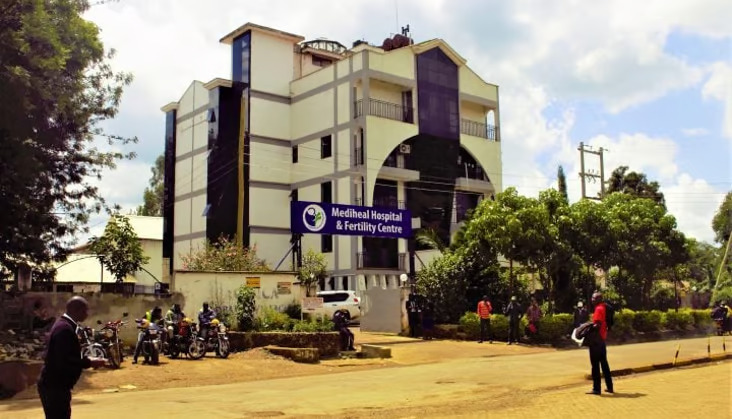
The Kenyan government has launched a probe into a suspected illegal kidney transplant syndicate, implicating the privately owned Mediheal Hospital in Eldoret, amid growing concerns that foreign patients are receiving organs sourced from vulnerable local donors enticed by financial incentives.
It has been said that between November 2018 and 2023, the hospital carried out 372 kidney transplants, an unusually high number by local standards. The facility is owned by Dr Swarup Mishra, a prominent businessman and former MP for the Kesses constituency. Originally from India, Mishra is considered a close political ally of President William Ruto, who appointed him in late 2024 as chairman of the state-run Kenya BioVax Vaccine Institute.
The report also highlighted procedural violations, including cases where consent forms were not translated into languages the donors or recipients could understand — despite Kiswahili and English being Kenya’s official languages. It further found that donors and recipients were frequently not biologically related, in contravention of ethical transplant protocols.
Exclusive investigations by various media and intelligence sources reveal foreign recipients pay up to $400,000 for transplants at the private Kenyan hospital.
Right now, there are strong indications that local authorities all over the continent are looking the other way while politicians lend their assistance in covering up the trade.


